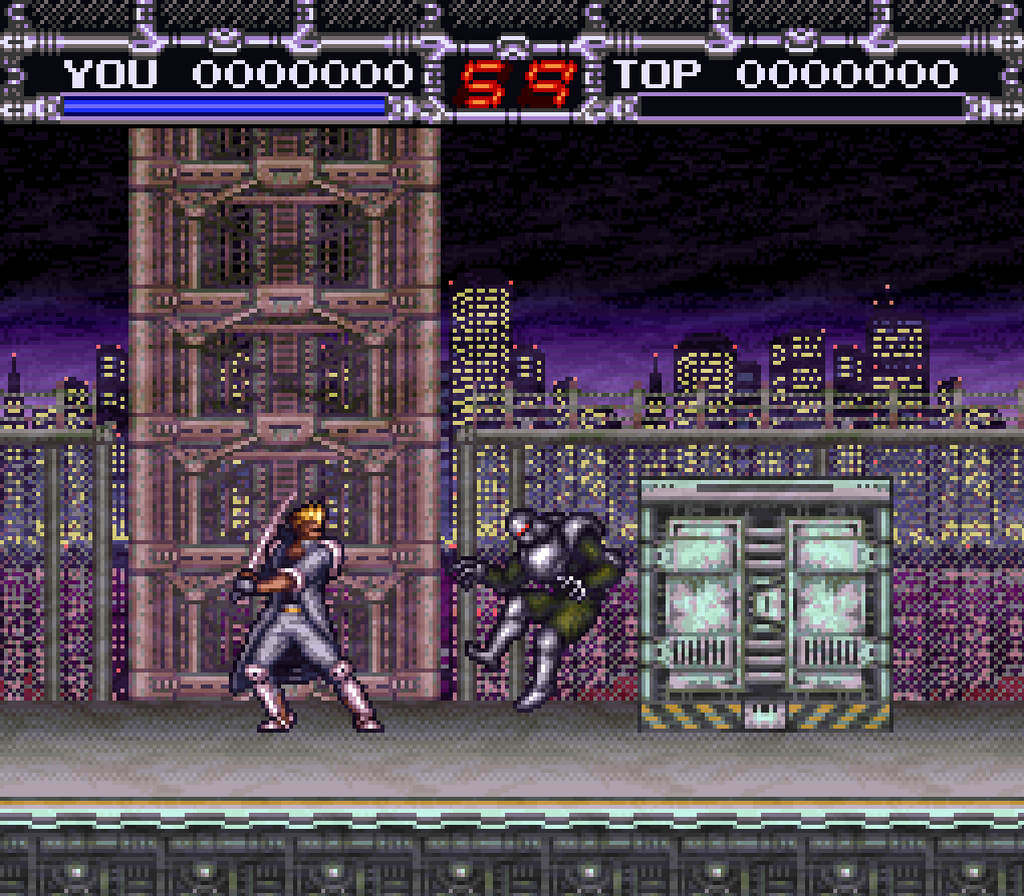You haven’t hit peak 90s until you’ve got a rave-y techno project with the track “Welcome To My Mind,” tons of vintage CGI, scores for Mortal Kombat and Halo predecessor Marathon, and an acquisition by Thomas Dolby’s Internet audio startup. Let’s take a moment and revisit Psykosonik and Power of Seven.
Dunno, maybe with all this 90s rave stuff coming back, some trend DJ can drop one of these into a set. Hint, hint.
But centering around musician Paul Sebastien, the 90s techno project Psykosonik and the later game-focused publisher Power of Seven made some epic electronic sounds.
The logical starting point to this story is definitely “Welcome to My Mind,” with ultra-1993 vocals, nerdcore rapping before it was ironic, slightly dorky square rhythms, and fantastic computer graphics. Plus speech synthesis, of course. (That hook also feels weirdly similar to The Monkees’ 1966 “Steppin’ Stone” – not in a lawsuit-ish way, but in a deja vu way, yes. Or that’s just me)
And yeah, there are those rave/trance riffs that are infecting everything these days all over again. This track also found its way onto the Psychonauts 2 soundtrack.
If the animation looks vaguely familiar, it’s because most of it is by legendary animator Karl Sims. (Talk about peak early 90s – I recognized the images from watching them on The Mind’s Eye LaserDisc.)
Psykosonik is so peak 90s, you’d be forgiven imagining this was derivative or parody. It’s not – it’s just some good Minneapolis cyberpunk, basically. The project was born as co-founder Theodore Beale found Paul Sebastien; the band would grow to add personnel Daniel Lenz, Christian Waangensteen, and Michael Larson.
Here’s where things take a dark turn – and maybe the 90s Internet predicts some of the toxicity and hate of 21st-century social media. Beale a couple of decades later would take on the alias Vox Day – yeah, depressingly, this otherwise wonderful 90s techno project includes that Theodore Beale. (It’s always a bad sign if your Wikipedia entry just introduces you this way.) And he winds up trying to amplify the most misogynistic, racist, antisemitic, and generally awful qualities of both the gaming and science fiction scene. (Sound familiar?) That included working on the infamous Sad Puppies project to basically make the sci-fi Hugo Awards take on far-right ideals, going far enough off the deep end that even The Wall Street Journal described him as “hated.”
So, if Beale is a far-right Sith lord of the Dark Side, at least I couldn’t find any evidence that his colleagues were. Beale left after 1994, meaning most of the tracks here don’t include him. (Yay! Sure, maybe the loss of the lyricist in the band explains why the later tracks are instrumentals or just repeat a single word – “Marathon” or “Infinity” especially – but I’d say that’s also a feature, not a bug!)
The evil of Beale aside, my introduction to this project was through Sebastien and game music. Paul Sebastien also founded Power of Seven, a digital content publisher focusing on games. And if you played 90s Mortal Kombat, or saw the movie, or played the blockbuster Bungie games for the Mac of this period, you know the results.

“Welcome to My Mind” and others got picked up by superb SNES release X-Kaliber 2097, plus gems like this (oh, Roland orchestra hits – memories):
The greatest notoriety came from the score for the 1997 film Mortal Kombat: Annihilation:
Mortal Kombat (the 1995 game) also got this stomper of a mix from the band and none other than legendary Josh Wink – sorry, not the better-known theme by The Immortals, but maybe actually a better track:
Marathon 2: Durandal – the Mac-based DOOM-killer that had us staying up late firing alien weapons at each other over AppleTalk – had an absolutely killed score under the Power of Seven name, which seems to have Sebastien’s musical fingerprints all over it.
Bungie’s Marathon series would of course lead to a Microsoft acquisition and the Halo series, moving from a few Mac nerds to the larger bro population. Microsoft missed the opportunity to keep EDM as part of that franchise, so the last hurrah wound up being the ultra-rave energy of Infinity, the capper to the Marathon trilogy:
Maybe holding up better musically, Power of Seven also worked on the little-known, ahead-of-its-time Oni, with an evocative score by Martin O’Donnell, Paul Sebastien, and Michael Salvatori:
What happened to Power of Seven? Well, I couldn’t track down the personnel, but the project itself was evidently acquired by Beatnik. That’s the company founded by Thomas Dolby as Headspace, and most notorious for popularizing MIDI ringtones. But that’s a 90s story for another day. (Degrees of Dolby, though? He scored The Mind’s Eye and sequels.)
Let’s leave this with some Panik Control (also on the soundtrack of X-Kaliber 2097), to go back to the project’s roots:
And yeah, maybe your next electronic project should have four members instead of one. Just… make sure none of them are racist assholes, okay? It’s normally not so hard to quiz them and figure it out.